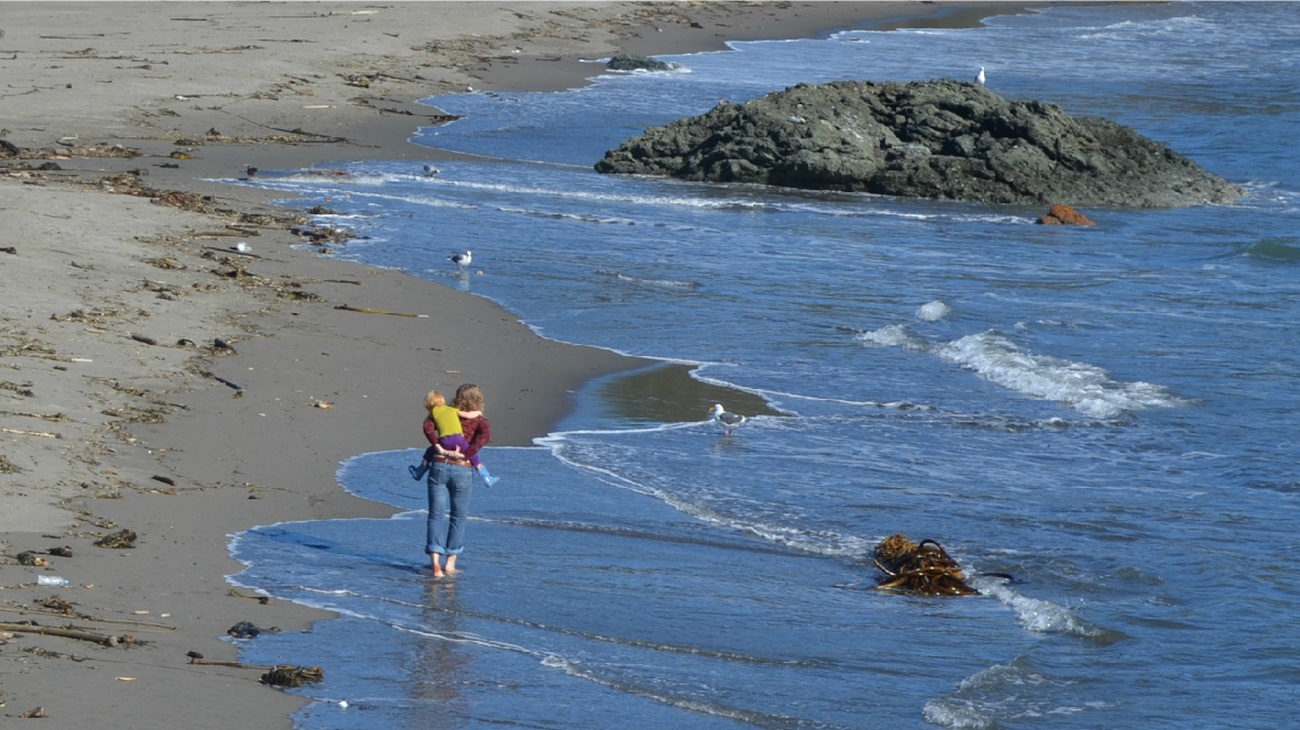Human Dimensions Research
Let’s play a game. Would you be happier if you had financial wealth or perfect health? Or, how about a low paying job that you love, versus a high paying job that you hate? How does this affect your sense of personal well-being?
Reactions to change can be described using a number of different social and economic factors. The ODFW Marine Reserves Program’s Human Dimensions Research Project is measuring many of these factors. However, these don’t always paint the full picture. People are multifaceted and measures such as financial income aren’t the sole driver of well-being. There are many other factors that come into play, such as relationships, a sense of purpose, freedom to express ideas and to decide how to live one’s life. If you’re not just measuring income or market value, how do you actually measure well-being?
“This … is a tool that we can use to see how policy changes impact different stakeholder groups,” — Dr. Tommy Swearingen
Turns out that it’s harder than you would think and not as straightforward as crunching financial data. But, if researchers can measure how we think about well-being, this would tell us a whole lot more about how individuals view their quality of life.
This is one of the many facets that Dr. Tommy Swearingen, the lead scientist of the Marine Reserves Program’s Human Dimensions research project, is working on. One of his projects delves into the methodology to figuring out how to scientifically measure and quantify something as abstract as well-being. “This information is important because it assesses how people feel about their lives in a more holistic way. Our study investigates how aspects of life like family, job satisfaction, social relations and many other factors influence our perceptions of well-being,” explains Dr. Swearingen.
Dr. Swearingen is partnering with Drs. Kreg Lindberg, Chris Wolsko and Elizabeth Marino at Oregon State University Cascades on a pilot project funded by Oregon Sea Grant with additional support from ODFW. The purpose of the study is to investigate if measures of well-being could be used to identify how people may respond to stressors in their lives. For example, how will well-being be impacted if there was a large-scale disaster like an earthquake or a regional economic downturn? Or, what about something on a much finer scale, such as the impact of a marine reserve on the well-being of a community?
Social scientists are able to measure impacts, both positive and negative, resulting from a spatial closure like a marine reserve on people’s sense of well-being. “Most importantly this model is a tool that we can use to see how policy changes impact different stakeholder groups,” explained Dr. Swearingen. This research could be used to help inform many different policy decisions, and has the potential for broad application in marine resource management and beyond.
The pilot phase of the project was recently completed, and the plan is to expand this groundbreaking work to a large scale study in the near future. We’ll keep you posted as this research continues.
